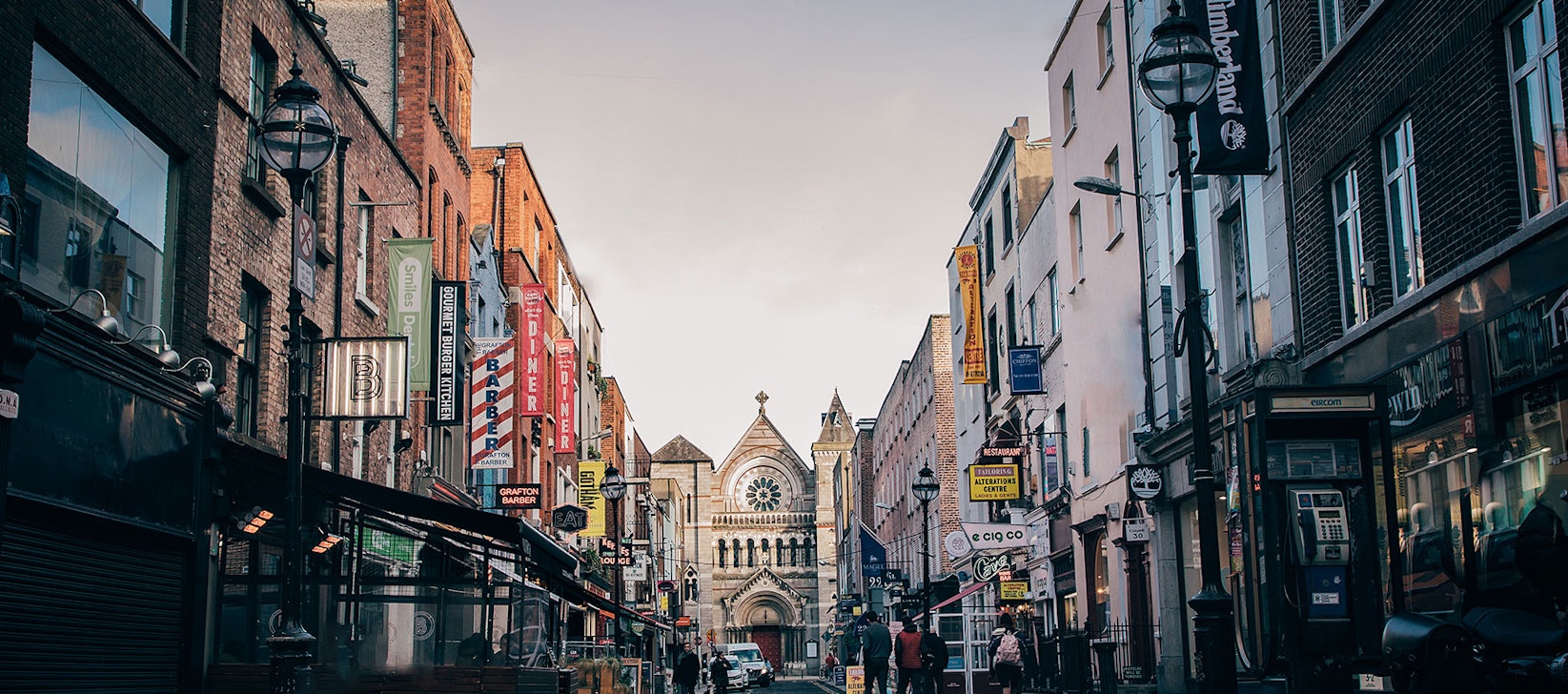According to the MasterCard SpendingPulse™ produced on behalf of the four Dublin Local Authorities, retail spending in the Dublin economy rebounded strongly in Q3 2020 but the recovery was uneven.
Overall Sales increased by almost 22% QoQ as the easing of Covid-19 restrictions drove improved trading for bricks-and-mortar retailers, while eCommerce expenditure showed a minor 1.2% QoQ decline. Household goods sales rose 62.4% QoQ to exceed pre-pandemic levels, in what was likely a reflection of rising consumer confidence coupled with considerable savings built up earlier in the year. Spending on necessities recorded a 5.2% QoQ reduction, following a strong performance in Q2. Entertainment expenditure also showed signs of a nascent recovery as restrictions were eased during the summer but this was from a very low base.
The uneven recovery in consumer spending in Dublin was also reflected on an annual basis. Overall Sales increased by 6.8% compared to Q3 2019. Despite signs of recovery in the quarter, spending on entertainment was down 44.8% YoY but this was countered by significant expenditure growth on household goods (23.4% YoY), necessities (10.6% YoY) and eCommerce (37.3% YoY).
Q3 retail spending in Dublin suggests there is pent up consumer demand waiting to be released into the domestic economy, when possible. However, the tightening of restrictions in October will undoubtedly put renewed downward pressure on non-necessity spending particularly for the hospitality sector where no online substitute exists.
Tourist Spending Remains Depressed Through the Traditional Busy Season
Spending by overseas tourists in the Dublin economy was down by over 53% YoY in Q3 causing considerable damage to hospitality, retail and tourist businesses in the Capital over what is typically the busiest season of the year. The most damaging fall off in tourist spending was from the US market, traditionally the largest source of holidaymaker revenue, where a 92% YoY decline was recorded. On an annual basis, spending by French visitors was 70.8% lower while that of German tourists declined by almost 77%.
There was some revival in spending by tourists from the UK tourists as cross-border travel from Northern Ireland undoubtedly held sway. Despite this, spending remained down 55.2% YoY.
Michael McNamara, Global Head of SpendingPulse, MasterCard, said on consumer spending:
“Retail activity across both Dublin and Ireland showed better results in Q3 with an overall positive YoY growth rate. The divergence in sector performance remained extreme with increases in spending on household goods while discretionary goods and entertainment showed significant declines. This is consistent with other markets. Online sales growth continues to post strong results.
Retail activity driven by tourism has been negatively impacted over the summer quarter with the lack of travelers from the US in particular putting a great deal of downward pressure on growth rates.”





